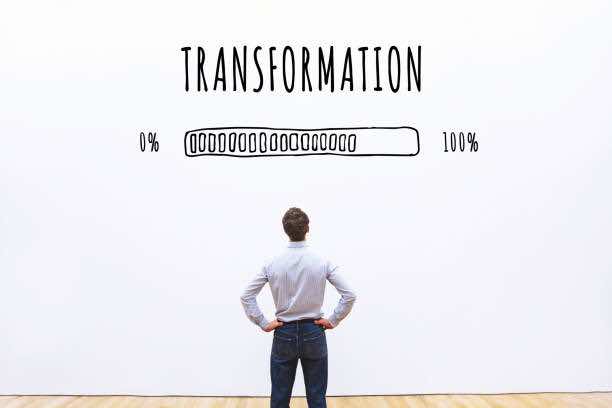
This blog post was first published by DiploFoundation.
(Republished at Internet Society )
We need to ensure we digitalize all of our business processes as to enable the effective digital transformation of our governments, businesses, and educational institutions so that the disruptive solutions brought by the global pandemic, including remote work, digital health, e-learning, and fintech, are collectively recognized as a pivot point in our history.
There… I’ve done it… I’ve met the challenge of how many currently fashionable buzzwords and jargon I can stuff into a single sentence
Everything we’ve been reading about dealing with the issues the global economy will face in the post-COVID-19 world tends to sound something like what I’ve written above. I can’t promise you that I will not touch upon these topics and mention these buzzwords again, but I do hope I can bring a certain degree of pragmatism to the conversation, especially given that I hail from Trinidad and Tobago, a twin-island country in the Caribbean, categorized as a small island developing state (SIDS) along with approximately 50 odd others scattered across our various oceans.
SIDS economies are generally characterized by their dependence on earning revenue from the exportation of either raw materials or partially-finished goods extracted from the physical elements of their territories, be that: sugar, bananas, cocoa, tea, coffee, or some other edible element; or bauxite, gold, oil, natural gas, or some other mineral resource commodity traded on the international markets; or the numerous downstream industries that are based on these extractive industries. I would even go so far as to classify the tourism industry as part of this dependency phenomena as it is based on the physical elements of the “sun, sand, and sea,” or in the case of those not as richly blessed, the basic elements of nature leading to vibrant “eco-tourism” industries.
What do all of these have in common? Earlier, I used the terms ‘dependence and dependency’ as, by and large, SIDS economies
exhibit elements of what Best and Levitt describe as a ‘plantation economy’ (see also the work of George Beckford in this regard).
A plantation economy is a loose structuralist (depending on your perspective) variant, or sibling, of the 1970s neo-Marxist/liberal reformist
dependency theory and (later) the ‘world system’ theories that (arguably) dominated Latin America and the Caribbean academic thinking of the time.
Read More Here